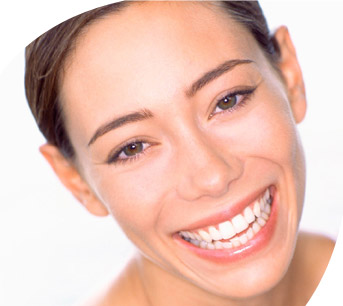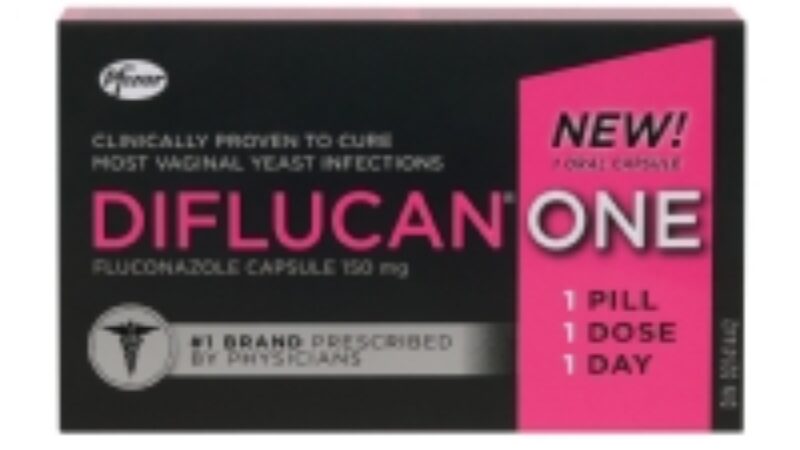Zinc doesn’t enjoy the same level of attention as other high-profile nutrients such as Vitamin C, Vitamin E, or sulfur. However, it does play an important role in your overall health and the appearance of your skin. When a zinc deficiency exists, it can lead to problems involving your immune system, your body’s ability to heal wounds, and a number of skin disorders. Today, I’ll explain how zinc helps to preserve the health of your skin. Plus I’ll provide a few dietary sources that can help to compensate for a deficiency.
Benefits Of Zinc For Your Skin
There is some evidence that acne may be partially associated to a reduced zinc supply within the body. The reason is thought to be related to its ability to limit oil secretion in the pores. Zinc is also known to encourage the production of collagen fibers and elastin. Both help support the underlying structure of the skin, which reduces the appearance of wrinkles and other signs of aging.
Zinc has been known to improve symptoms related to rosacea. While there isn’t a known cure for rosacea, ingestion of zinc supplements has shown positive results. Finally, topical application of zinc oxide can provide a level of protection from the sun’s UV rays.
The above is not to suggest that zinc supplements are the most appropriate solution for treating acne, building collagen fibers, or protecting the skin from UV radiation. Specific formulations have been created to address each of those issues. Rather, I want to emphasize that a nutritional deficiency of the mineral can lead to visible effects on the skin.
How A Zinc Deficiency Occurs
The supply of zinc within your body can decline for a few reasons. First, if your diet doesn’t include foods that contain the mineral, you won’t be able to replenish your body’s supply. Second, there are times during which your body will require a higher level of zinc than normal. For example, during pregnancy or lactation, the body’s zinc requirement will rise. If dietary changes are not made to increase the intake, it can lead to a deficiency.
Third, the body’s absorption of zinc is more efficient when the mineral comes from animal products. Those who follow a strict vegetarian diet, or otherwise don’t consume meat products, can be susceptible to a zinc deficiency. Red meat, poultry, and pork are rich sources of zinc. Other foods include dairy products, beans, oysters, almonds, and whole grains.
Your Skin Requires More Than Zinc
You can avoid a zinc deficiency by including foods in your diet that have a high content of the mineral. And, topical skin care products containing zinc may help if you try to combat oily, acneic skin or are looking for a protective sunscreen. However, zinc alone is not sufficient for maintaining the healthy appearance of your skin. Any skin care routine can benefit from well formulated sunscreens, moisturizers, antioxidants and exfoliants.
Here are some zinc containing skin care preparations to consider:
La Roche Posay Effaclar Foaming Purifying Gel – This soap free cleanser contains zinc to help to control excess sebum (oil)
Fallene Total Block SPF 58 – This physical sunscreen blocker contains zinc oxide and titanium dioxide as its filters making it ideal for sensitive skin types or those who wish to avoid a chemical formulation
La Roche Posay Cicaplast – This healing, protective formula helps to speed skin healing with madecassoside, copper, zinc and manganese.


